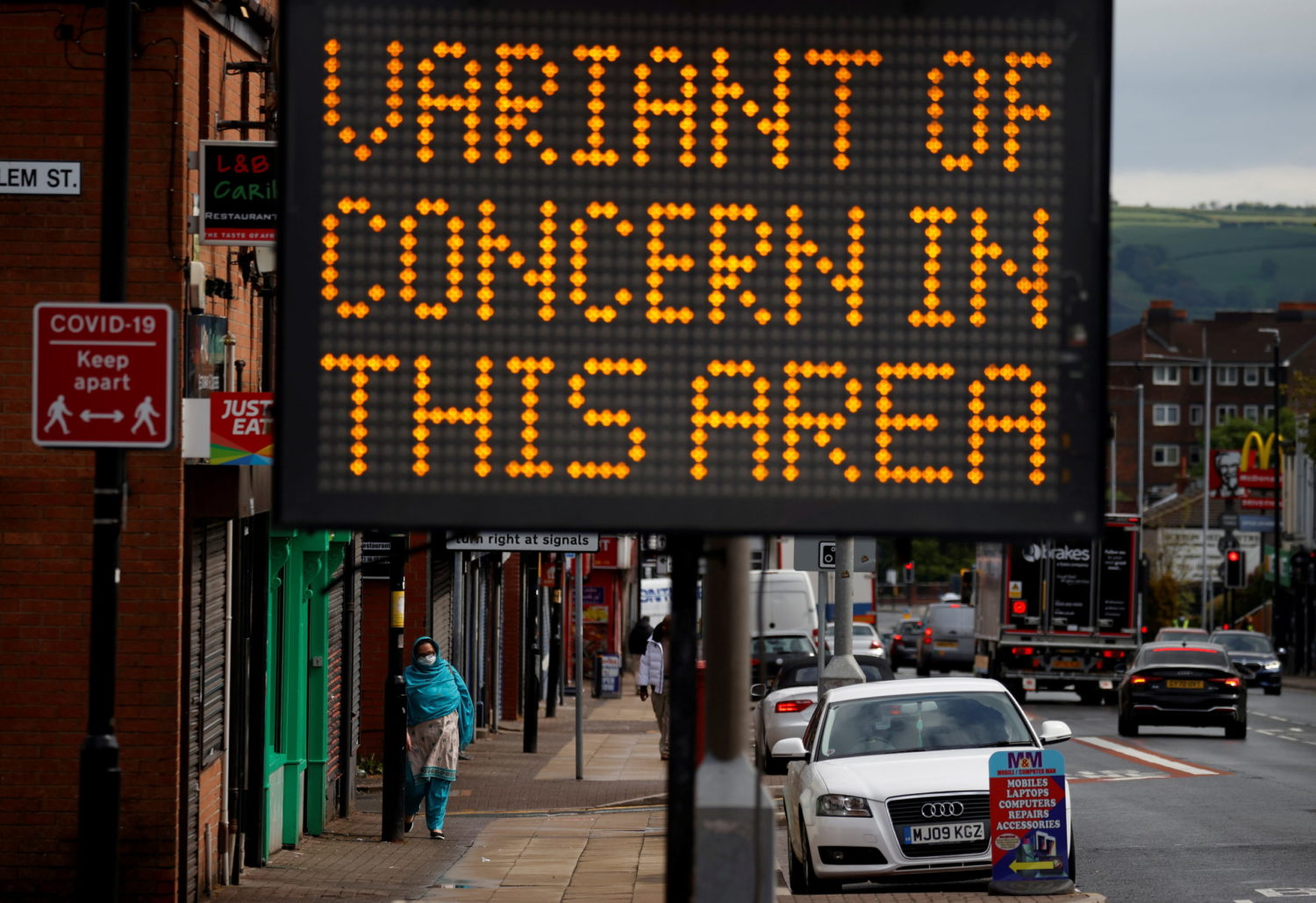
By Martin Schlicht and David Sahl
SCHULD/ERFTSTADT, Germany (Reuters) – German officials feared more deaths on Friday after “catastrophic” floods swept through western regions, demolishing streets and houses, killing more than 100 people and leaving hundreds more missing and homeless.
Communications were cut in many areas and entire communities lay in ruins after swollen rivers tore through towns and villages in the western states of North Rhine-Westphalia and Rhineland-Palatinate as well as parts of Belgium and the Netherlands.
After days of heavy rain, 103 people have died in Germany alone, the largest number killed in a natural disaster in the country in almost 60 years. They included 12 residents of a home for disabled people surprised by the floods during the night.
In Belgium, which has declared a day of mourning on Tuesday, officials said there were at least 20 dead and another 20 missing.
The flooding was a “catastrophe of historic dimensions,” said Armin Laschet, state premier of North Rhine-Westphalia and the ruling CDU party’s candidate to replace Chancellor Angela Merkel when she steps down after an election in September.
The devastation of the floods, attributed by meteorologists to a climate-change driven shift in the jet stream that has brought inland water that once stayed at sea, could shake up an election that has until now seen little discussion of climate.
“It is a sad certainty that such extreme events will determine our day-to-day life more and more frequently in the future,” Laschet said, adding that more measures were needed to fight global warming.
Proposals by the Greens, running a distant second in polls to Merkel’s conservatives, to introduce motorway speed limits to cut carbon emissions had previously drawn outrage.
Days after the European Commission unveiled plans to make Europe the “first climate-neutral continent, Commission chief Ursula von der Leyen said the scale and intensity of the flooding was a clear indication of climate change and demonstrated the urgent need to act.
CONCERN OVER DAMS
Achim Hueck, a fish farmer in the town of Schuld, said he had only just managed to escape. “It was rising really fast, it started from the path back here,” he said, pointing to the wreckage of his business.
“There was a path, there were ponds, lots of them up there. Fishing hut, toilet facilities, everything is gone,” he said.
As officials assessed the damage, the devastation appeared to have exceeded that caused by disastrous flooding in eastern Germany almost 20 years ago.
Some 114,000 households in Germany were without power on Friday and mobile phone networks had collapsed in some flooded regions, making it hard for authorities to keep track of the number of missing.
Roads in many affected areas were impassable after being washed away by the floods. Rescue crews tried to reach residents by boat or helicopter and had to communicate via walkie-talkie.
“The network has completely collapsed. The infrastructure has collapsed. Hospitals can’t take anyone in. Nursing homes had to be evacuated,” a spokeswoman for the regional government of Cologne said.
Authorities worried that further dams could overflow, spilling uncontrolled floods into communities below, and were trying to ease pressure by releasing more water.
Some 4,500 people were evacuated downstream from the Steinbachtal dam in western Germany, which had been at risk of a breach overnight, and a stretch of motorway was closed.
REINFORCING DIKES
Thousands of residents in the north of Limburg province in neighboring Netherlands were ordered to leave their homes early Friday as floodwaters peaked.
Emergency services were on high alert, and authorities were also reinforcing dikes along vulnerable stretches where floodwaters continue to rise.
Waters were receding in the southern city of Maastricht, where there was no flooding and in the town of Valkenburg, where damage was widespread, but no one was hurt.
France sent 40 military personnel and a helicopter to Liege in Belgium to help with the flood situation, Prime Minister Jean Castex said on Twitter.
“The waters are rising more and more. It’s scary,” Thierry Bourgeois, 52, said in the Belgian town of Liege. “I’ve never seen anything like it.”
In the town of Maaseik, on the Dutch border, the Meuse had risen beyond a retaining wall and was spilling past sandbags placed on top.
Several towns and villages were already submerged, including Pepinster near Liege, where around 10 houses partially or fully collapsed.
The death toll in Germany is the highest of any natural catastrophe since a deadly North Sea flood in 1962 that killed around 340 people.
Floods at the Elbe river in 2002, which at the time were billed by media “once-in-a-century floods”, killed 21 people in eastern Germany and more than 100 across the wider central European region.
German Interior Minister Horst Seehofer told magazine Spiegel the federal government aimed to provide financial support for the affected regions as quickly as possible, adding a package of measures should go to the cabinet for approval on Wednesday.
(Additional reporting by Riham Alkousaa, Kirsti Knolle, Douglas Busvine, Anneli Palmen, Matthias Inverardi, Tom Sims, Thomas Escritt, Anthony Deutsch, Phil Blenkinsop; Writing by Maria Sheahan; editing by Philippa Fletcher and Alex Richardson)












